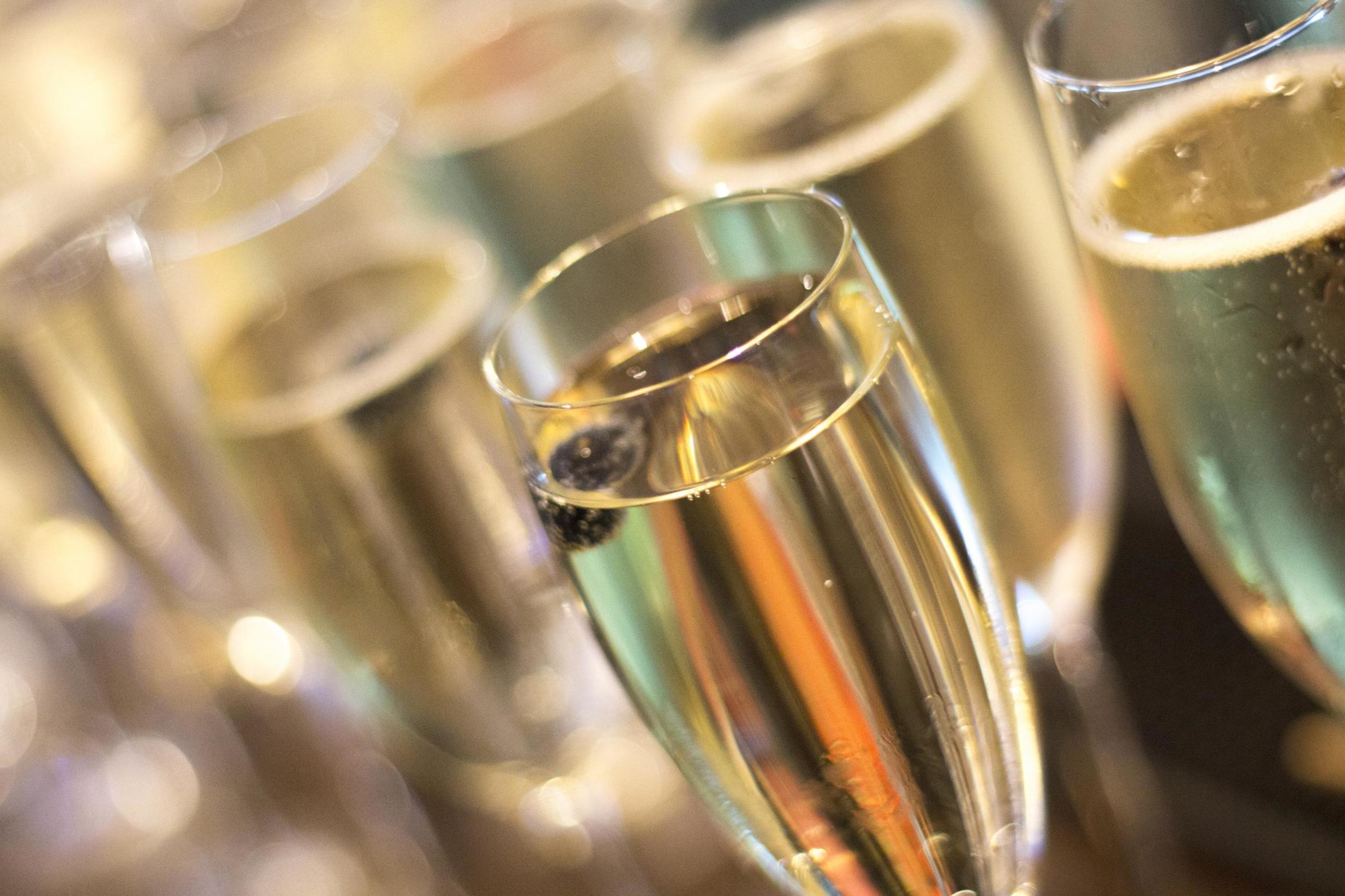The Independent's journalism is supported by our readers. When you purchase through links on our site, we may earn commission.
Climate change could alter the taste of cava, says study
Note: this is not a conspiracy created by the Chinese

Your support helps us to tell the story
From reproductive rights to climate change to Big Tech, The Independent is on the ground when the story is developing. Whether it's investigating the financials of Elon Musk's pro-Trump PAC or producing our latest documentary, 'The A Word', which shines a light on the American women fighting for reproductive rights, we know how important it is to parse out the facts from the messaging.
At such a critical moment in US history, we need reporters on the ground. Your donation allows us to keep sending journalists to speak to both sides of the story.
The Independent is trusted by Americans across the entire political spectrum. And unlike many other quality news outlets, we choose not to lock Americans out of our reporting and analysis with paywalls. We believe quality journalism should be available to everyone, paid for by those who can afford it.
Your support makes all the difference.Climate change could harm the flavour of cava, new research implies.
Warmer and drier conditions could mean the grapes used to produce the popular Spanish sparkling wine will ripen faster, subsequently impairing the drink’s taste, aroma and overall quality.
Produced in a similar manner to champagne, the Catalonian wine consists of a blend of white grapes grown natively in the north-eastern Spanish region that are renowned for their creamy, rich taste.
Published in the journal of Agricultural and Forest Meteorology, the study analysed the harvest timings and yield in a Catalonian vineyard between 1998 and 2012 and focused on two main grape varieties used to produce cava: Macabeo and Paralleda.
The author of the study then created a mathematical formula which mimicked how the different grapes were likely to grow under the conditions dictated by climate change.
Under a moderate warming scenario, the average temperature during the grape growing season could go up 3.2°C by 2020.
This number rises significantly if global greenhouse emissions aren’t controlled – increasing to 4.4°C.
Warmer temperatures and drier conditions caused by global warming are also likely to cause water deficits in the vineyards, meaning that more moisture will be lost from the land through evapotranspiration.
This will significantly impact the wine’s flavour, as exposure to higher climates during ripening is also likely to make the cava taste more acidic and sugary, as well as becoming more alcoholic.
The UK’s thirst for sparkling wines has soared in recent years.
According to figures published by HM Revenue and Customs, the rising popularity of prosecco and cava has caused an 80 per cent rise in sparkling wine sales in the last five years.
Plus, fizz sales in Britain have sky-rocketed from 17.6 million gallons in 2011 to 31.6m gallons in 2016, according to research published by accountancy firm UHY Hacker Young.
Salud.
Join our commenting forum
Join thought-provoking conversations, follow other Independent readers and see their replies
Comments